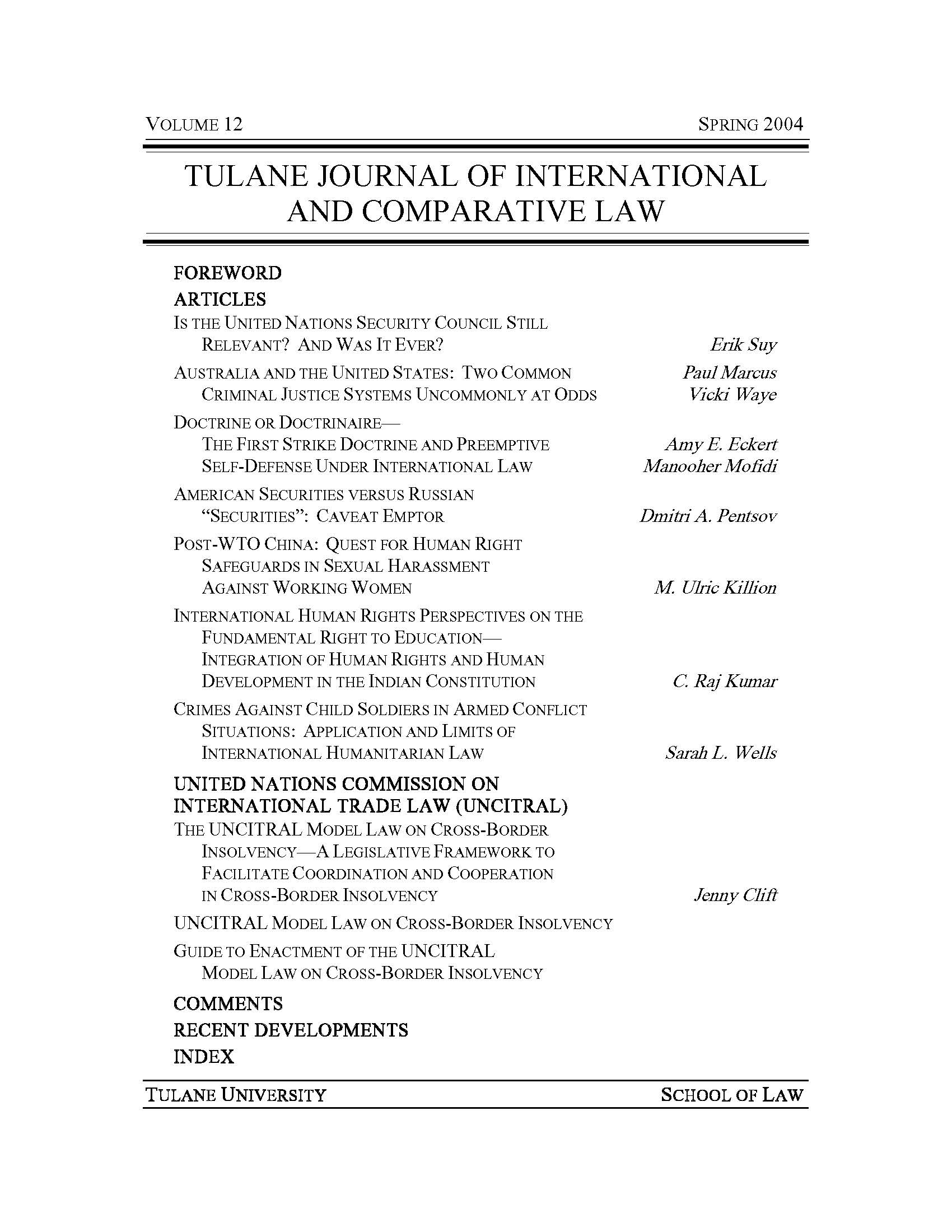American Securities versus Russian “Securities”: Caveat Emptor
Abstract
The term “valuable paper” (tsennaya bumaga) is at the core of Russia’s legal system to
regulate capital markets in the Russian Federation. In American legal and economic literature, the
term “valuable paper” traditionally is translated as “security” and Russian legal and economic
literature translates the term “security” as “valuable paper.” While some similarities can be found
between the two terms, there are significant differences in what is understood by the term “valuable
paper” and by the term “security” in American and Russian legal systems and the types of financial
instruments that fall within their scope. This Article is dedicated to the comparative analysis of the
concepts of “security” and “valuable paper” and their types, which is preceded by a brief
examination of the content of these concepts in American and Russian law. The author comes to a
conclusion that not one of the instruments deemed a “security” in U.S. legislation would be
considered a “valuable paper” in Russian legislation. On the other hand, the following types of
“valuable papers” would be considered “securities” in the U.S. law: stocks, certain types of bonds
issued by legal entities, certain types of government and municipal bonds, certain types of “other
government (municipal) valuable papers,” certain types of notes, and option certificates for those
valuable papers which are considered “securities.” The author evaluates the advantages and
disadvantages of the current Russian and American concepts and suggests ways in which these
concepts could be further developed and incorporated into current legislation.
